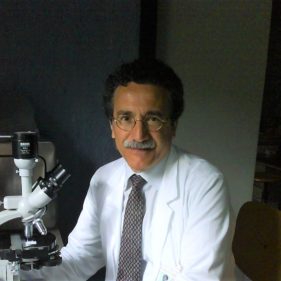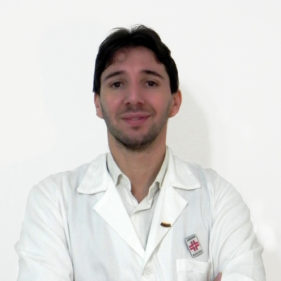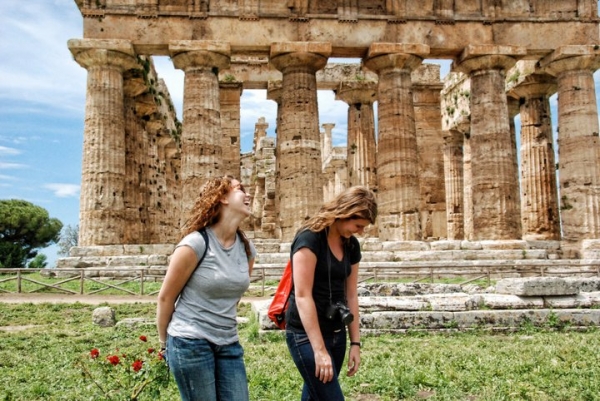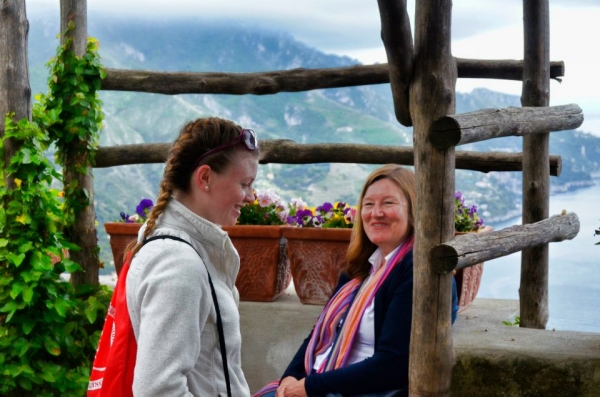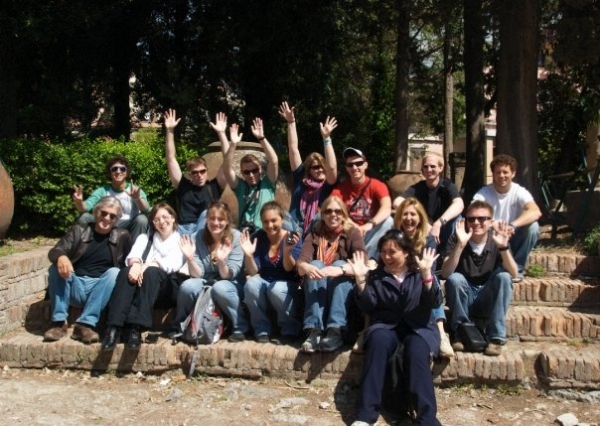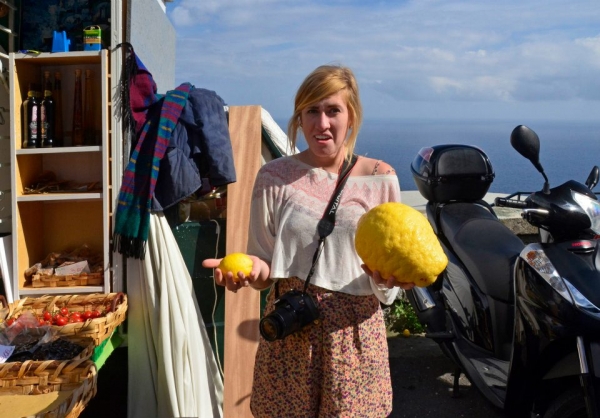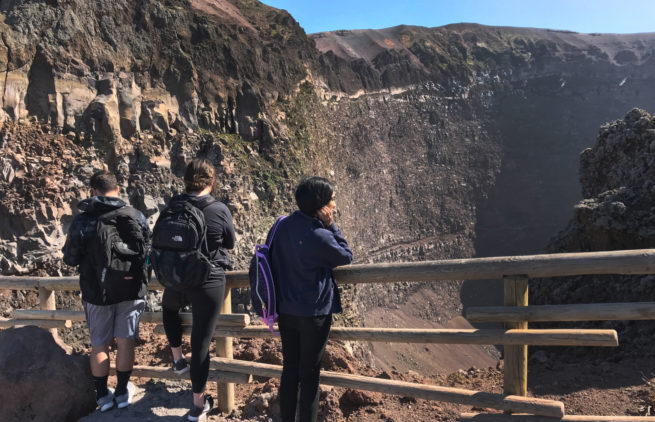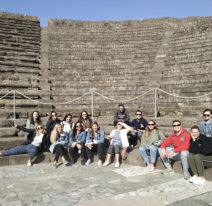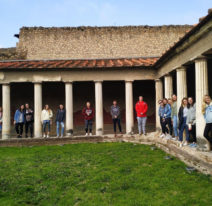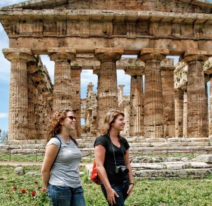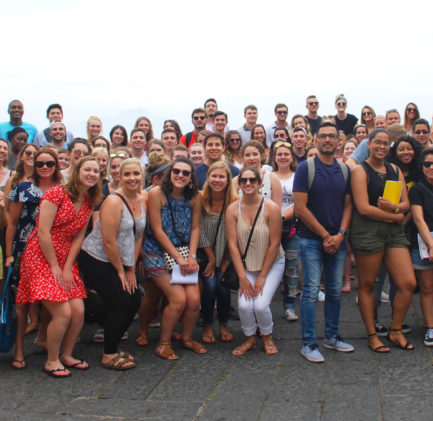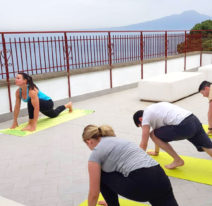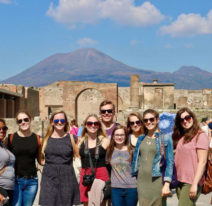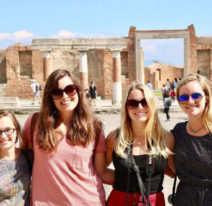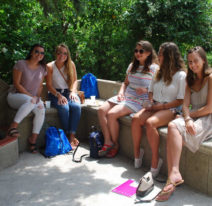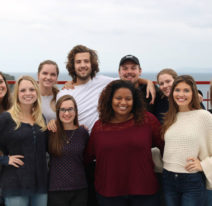COURSES
45 contact hrs, 3 credits
This course is designed to introduce students to the study of sports nutrition, diet analysis, biochemical processes in energy metabolism, nutrition and health problems, and how it can be used to optimize performance. Emphasis will be on nutritional concepts related to the daily
training, diet, energy utilization in exercise and recovery, body composition, use of nutrient and herbal supplements and ergogenic aids as well as the special needs of athletes. The substances that are most abused in athletics will also be examined.
Learning Objectives
This course will provide students with the opportunity to:
- Understand the relationship between physical activity, nutrition, metabolism and sport performance
- Gain an awareness of the dietary challenges that athletes and other active people face.
- Investigate specialized areas of sports nutrition.
- Obtain practical knowledge related to sport nutrition counseling
45 contact hrs, 4 credits
This class is designed to teach undergraduate students to 1) gather published and unpublished sources of information and bring them to bear on scientific questions, 2) critically read scientific writing, 3) access electronic sources of information, including but not limited to internet searches, library databases, and public information and data, 4) learn the structure and functions of different components of scientific papers to effectively communicate scientific findings, 5) learn techniques for effective communication of scientific information in oral and poster presentations, 6) understand the ethical boundaries associated with scientific communication.
The class will emphasize fundamental principles of communication, presented in lecture format, and reinforced by 1) examination of writing published by professionals, 2) in-class editing of “mock” examples of papers, 3) frequent small assignments, 4) in-class discussions, 5) completion of a paper based on sampling designed and carried out by each student, 5) an oral presentation, and 6) a poster presentation.
Professor Luca Paladino
45 contact hours, 3 credits
Students will examine evidenced-based relationships between nutrition and the promotion of long-term health and well-being. They will become familiar with food-related policy and recommendations, including Dietary Guidelines, Food Labels, and evidence-based nutrition programs, and gain practical skills to make healthful dietary choices. Moreover, students will learn health promotion strategies to help influence other people’s food choices and apply these strategies to a specific modifiable chronic disease such as diabetes and heart disease
Faculty
Antonio di Giacomo
Scientific ResearchOur Mission
Sant'Anna's mission is to educate, support, and inspire international students to become active citizens of the world. We are committed to academic excellence within an authentic and engaging Italian community.Discover Sant'Anna
Mission and GoalsAt Sant’Anna we strive to provide students from across the world a unique, hands-on learning experience where they can cultivate real world skills and knowledge.
Because the school is located in Sorrento, one of the most harmonious cities southern Italy has to offer, our students are truly able to gain a global awareness and appreciate diversity while studying abroad. Our goal is to help guide participating students into becoming responsible, open-minded members of society.
Our hope is that each student can leave Sant’Anna with an appreciation of the Italian culture as well as the knowledge acquired through their academic courses.
We are so passionate about the importance of international education and training in a student’s academic career, and we are dedicated to doing whatever it takes to providing students with a life changing experience.
Learning
Mediterranean Location
Our LocationWhy choose Sorrento?
Study abroad programs in Italy have traditionally focused on the popular cultural centers of Rome, Florence, Milan, and other cities in the north of Italy. At Sant’Anna Institute, study abroad students have the opportunity to experience the unique culture, customs, and climate of southern Italy.
Sant’Anna is located in the stunning town of Sorrento at the beginning of the Amalfi Coast, just 20 miles south of Naples. Perched atop hundred foot cliffs that face the Gulf of Naples, Sorrento is within sight of rugged snow-capped mountains, emerald waters, black sand beaches, cliff- hanging villages, and the world’s best known volcano: Vesuvius.
Sorrento is a safe, walkable, and picturesque center of international tourism. It has an international population, making it a small town, with a cosmopolitan feel.
Sorrento also boasts:
- Friendly, gracious people
- Southern hospitality
- Italian style
- Bustling shopping streets and traditional Roman-style alleys
- A mild, sun-drenched Mediterranean climate
- Culinary traditions based on the seafood, and locally grown, fresh produce
- Streets lined with lemon and orange trees
- Hillsides covered with olive groves and vineyards
- Home to some of the best pizza and gelato you will find anywhere
Sorrento is a treasure all its own and a passageway to the:
- tunning islands of Capri and Ischia
- baroque splendor of Naples
- majestic Greek temples at Paestum
- historic Roman ruins of Pompeii and Herculaneum
- world-famous collection at the National Archaeological Museum in Naples
- cliff hanging villages of the Amalfi Coast, like Positano, Amalfi and Ravello
- world’s best known volcano, Mount Vesuvius
It’s the perfect city to discover a home away from home with a hometown feel!
Sant’Anna Institute is located overlooking the Marina Grande of Sorrento, perched on the cliffside with stunning views from the sea-facing windows, and it’s a short walk to the harbor and the harbor-side restaurants.
The Institute is located a short 15-minute walk from the center of town and 20 minutes from the Sorrento train and bus station.
The Residence Hall was established in 2017 and is on the third and fourth floors of the Institute, overlooking the picturesque Marina Grande.



